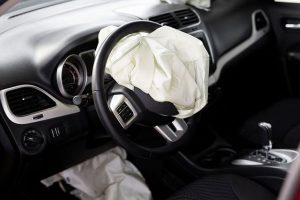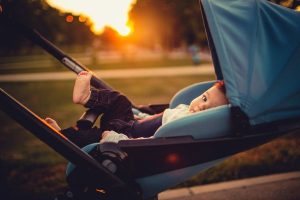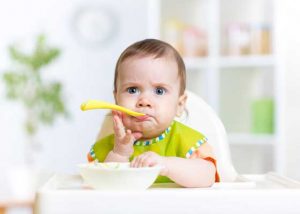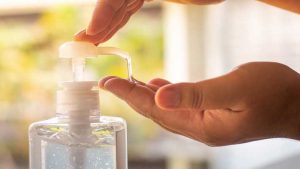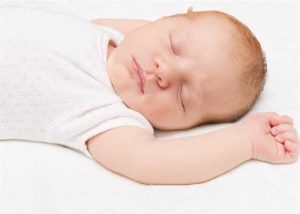Considering Botox? Seek a Trained, Licensed Provider to Avoid Serious Injury
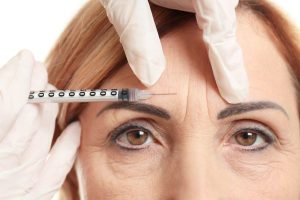 Whether due to the influence of social media or sheer vanity, many people today – men and women, alike – are obsessed with looking younger. Capitalizing on this, there is an abundance of products and treatments on the market today that promise users a means to hitting pause on the aging process. Botox injections, said to reduce the appearance of wrinkles, are one such treatment.
Whether due to the influence of social media or sheer vanity, many people today – men and women, alike – are obsessed with looking younger. Capitalizing on this, there is an abundance of products and treatments on the market today that promise users a means to hitting pause on the aging process. Botox injections, said to reduce the appearance of wrinkles, are one such treatment.
In addition to its cosmetic applications, Botox has a number of FDA-approved medical uses. It has proven effective in treating certain chronic conditions, including migraines, excessive muscle contractions, and overactive bladders, when administered by licensed professionals. However, in the hands of unlicensed and untrained providers, the results could be quite different, leading to serious injury. This was evident recently when several people, including some from New Jersey, were given questionable Botox treatments. For more information, read “19 Hospitalized from Botched Botox Shots Sold in NJ, Elsewhere: CDC.”
 New Jersey Injury Lawyers Blog
New Jersey Injury Lawyers Blog



